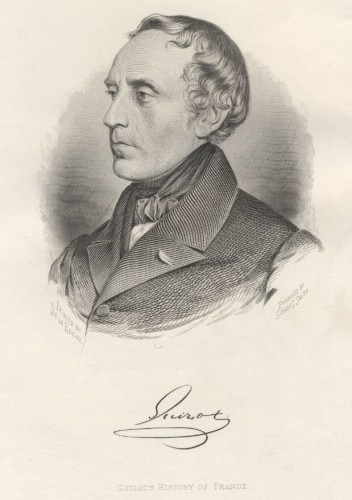…[H]er longest-lasting impact has been neglected. Indeed, it is so long-lasting that it is yet to fully play out, even now.
Margaret Thatcher changed the Right from a reactionary movement into a revolutionary one … .
Mark Wallace
The Conservatives in Britain needed to become revolutionaries. American Conservatism was started by William F. Buckley, Jr. and was meant to be revolutionary, or at least counter-revolutionary, and many of its early thinkers were former Communists who thought of themselves as continuing a revolutionary struggle.
Mrs. Thatcher pointed out nicely against whom the revolution must be made: crony capitalism:
Too many people and industries preferred to rely on easy subsidies rather than apply the financial discipline necessary to cut their costs and become competitive. Others preferred the captive customers that a monopoly can command or the secure job in an overmanned industry, rather than the strenuous life of liberty and enterprise.
Margaret Thatcher: Rebuilding an Enterprise Society Through Privatisation.
Saying “the State” is the problem is only partly true. Millions benefit from the State as it currently operates, and most of them are not employees of the State. They are rationally self-interested in keeping things as they are.
Choosing “the strenuous life of liberty and enterprise” is a moral choice at least as much as it is a self-interested one.
“Greed is good” does not get you capitalism. Greed is more easily satisfied by turning state power to personal gain. Capitalism, or the better term, free enterprise, permits great personal gain, and improves the lives of many people over time. But it cannot rely on self-interest alone to keep it going. It is a way you have to decide to live, individually, and as a nation.
Once upon a time I read a book which showed me that the growth of the state and the slow extinguishing of freedom and enterprise were virtually inevitable. The beneficiaries of each incremental increase in state power, of each incremental loss of personal freedom, were acutely focused on gaining and keeping their advantages. The losers in this process were diffuse, unfocused, distracted by everything else in life.
The common good had no champion, as a practical matter. In terms of strictly material incentives, it never would.
Worse, in terms of non-material incentives, it is even worse. To go against the currently powerful, the currently well-connected and prestigious, will lead to scorn, insults and derision.
And I eventually came to understand that pushing back against this process is precisely what is meant by the word leadership, under current conditions.
There is always a “them” who are the current ruling group. They are the ones dealt into the existing game, its apologists and advocates. To take them on, to organize and lead an opposition movement, the leader must have extremely strong character. Such a leader must be self-assured, know how things really work, and have a very thick skin. The leader must have no regard for conventional wisdom and no respect for the often unstated limits of what can be done or, even more, what is “simply not done” or “simply not said.”
As a practical matter, such a leader must have the capacity to speak plainly and clearly to a majority of ordinary people who are quietly victimized in the existing game, to show them how certain changes will be good for them, and good generally. �They do not lead by force or lies, they lead by telling hard truths and gaining assent to the hard path to better things.
to a majority of ordinary people who are quietly victimized in the existing game, to show them how certain changes will be good for them, and good generally. �They do not lead by force or lies, they lead by telling hard truths and gaining assent to the hard path to better things.
Mrs. Thatcher was such a leader.
Mr. Reagan was such a leader.
We need more of them. But they are always scarce.
Fortunately, though scarce, there have always been a few of them.
And as things get worse, people turn to them, reluctantly, out of necessity.
May God grant us more such leaders in the troubled days ahead.
UPDATE
Michael Barone sent the following anecdote:
My one significant exchange of words with Mrs. Thatcher.
I asked, perhaps a bit obsequiously, whether it was a weakness of her philosophy that its success depended on having a strong leader like her or Ronald Reagan.
She responded in her booming voice: “But isn’t that always true?”
After a pause: “Isn’t that ALWAYS true?”
Your point, exactly.
Mrs. Thatcher was correct on this point.
The system does not go of itself.
There has to be leadership.
There is no alternative.
UPDATE II
I have been schlepping around for 20 years a copy of The Anatomy of Thatcherism by the late Shirley Robin Letwin. It is very good after about 50 pages.
by the late Shirley Robin Letwin. It is very good after about 50 pages.

